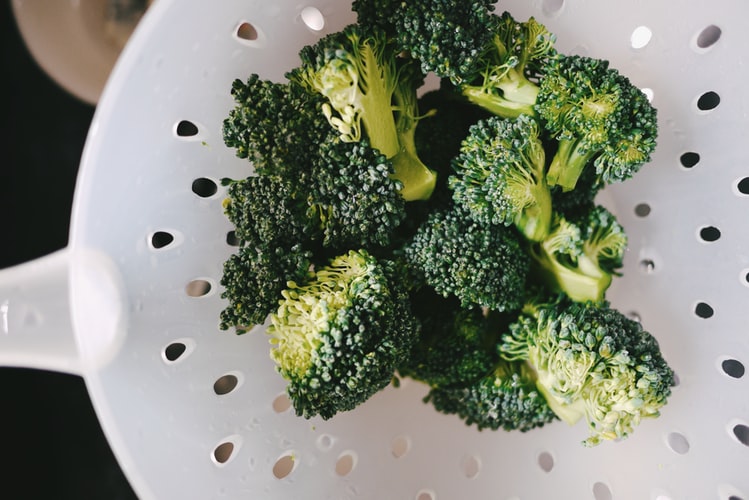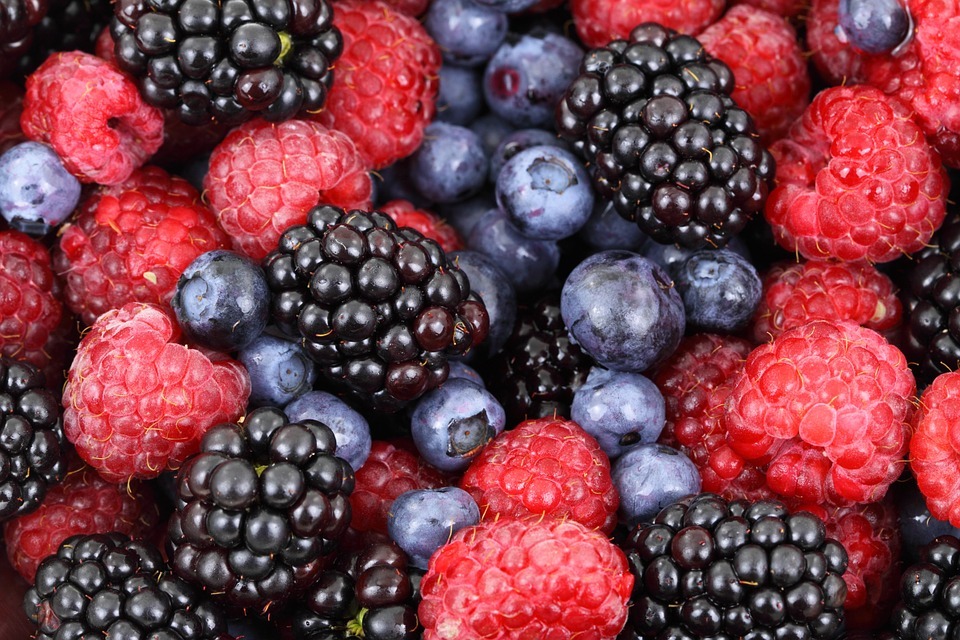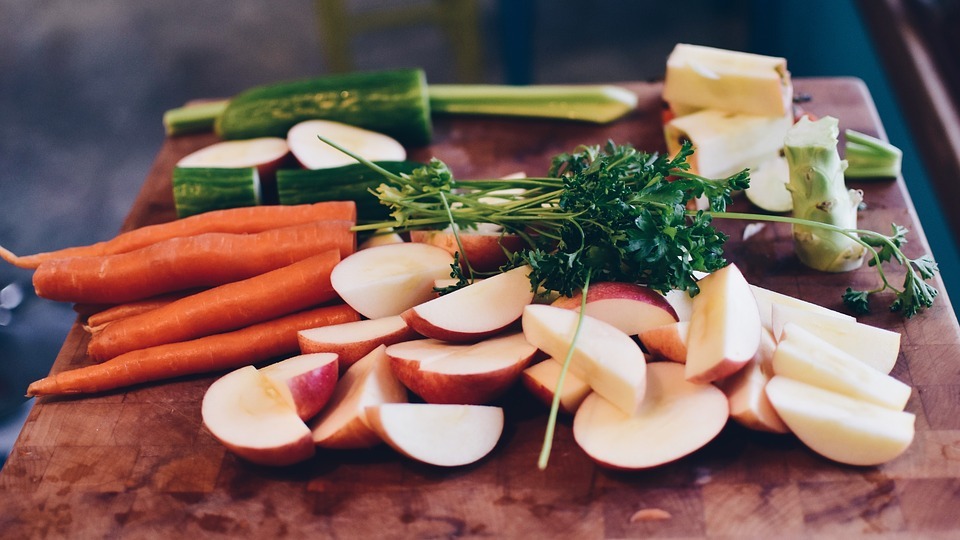Is Vegetable Juice Keto-Friendly?
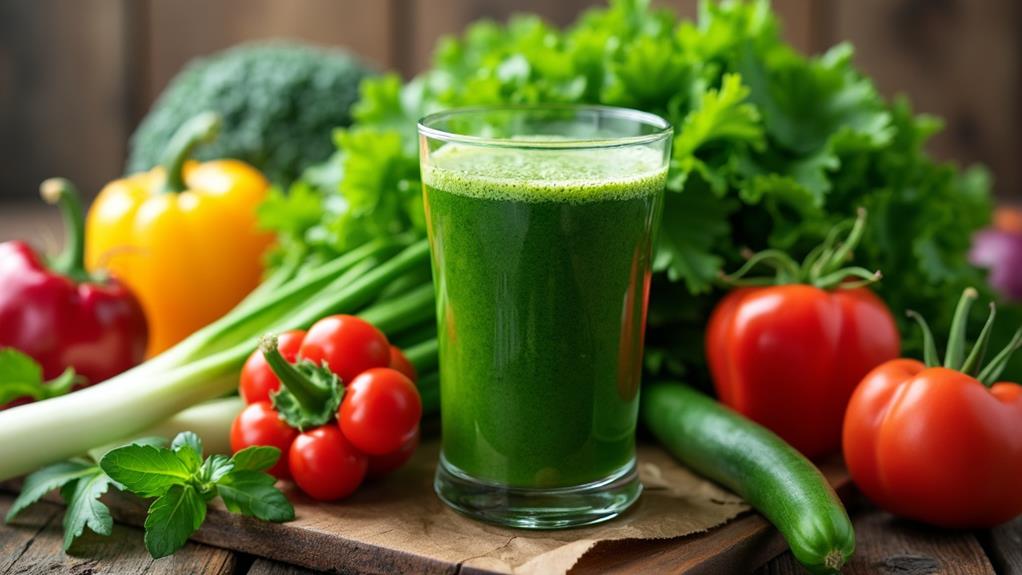
Yes, vegetable juice can be keto-friendly. Stick to juices made from leafy greens, like spinach or kale, as they have low net carbs, typically around 3.37g per 100g. This keeps you within keto's low-carb guidelines while offering benefits like hydration and crucial vitamins A and C. Be mindful to avoid high-carb veggies such as carrots and beets in your juice. Incorporate vegetable juice into your diet by using it in salads or soups for a flavorful, low-carb option. Exploring these keto-compatible choices can improve your dietary experience with delicious and healthful options.
Understanding Keto and Vegetable Juice
Starting a keto diet involves understanding the delicate balance of macronutrients, where vegetable juice can play a vital role. You're likely aware that maintaining low carb intake is key to staying in ketosis. Vegetable juice, particularly from leafy greens, fits well into a keto lifestyle due to its low net carbs, which is important when your daily carb limits range from 20-50g. With approximately 3.37g of net carbs per 100g, it's a viable option to keep you on track.
Leafy greens like spinach and kale make excellent choices for your vegetable juice, offering you health benefits without the carb overload you'd find in juices made from carrots or beets. Besides being low carb, these juices are packed with vitamins A and C, which are necessary for your general health. Additionally, with a high water content of about 94.09g per 100g, vegetable juice supports hydration, an often overlooked aspect of the keto diet.
Carbohydrate Content of Vegetable Juice
While understanding the keto lifestyle, it's crucial to contemplate the carbohydrate content of your food choices, including vegetable juice. This juice is a relatively low-carb option, making it suitable for a keto diet. With a net carb count of approximately 3.37g per 100g, vegetable juice can easily fit into your daily keto plan. A typical 150ml serving carries about 5.06g of net carbs, allowing you to enjoy it without exceeding your carb limits.
When choosing vegetable juice, opt for those with lower carb counts to align with your keto diet. Leafy green vegetable juices tend to have fewer net carbs compared to juices from starchy vegetables like carrots or beets. Here are a few points to keep in mind:
- Net carbs: Approximately 3.37g per 100g serving.
- Serving size consideration: 150ml serving contains around 5.06g of net carbs.
- Low-calorie nature: Contains about 22.0 kcal per 100g.
- Macronutrient profile: Includes 0.31g fats, 0.93g protein, and 0.5g fiber per 100g.
- Juice selection: Opt for leafy greens for lower carb counts.
Nutritional Benefits of Vegetable Juice
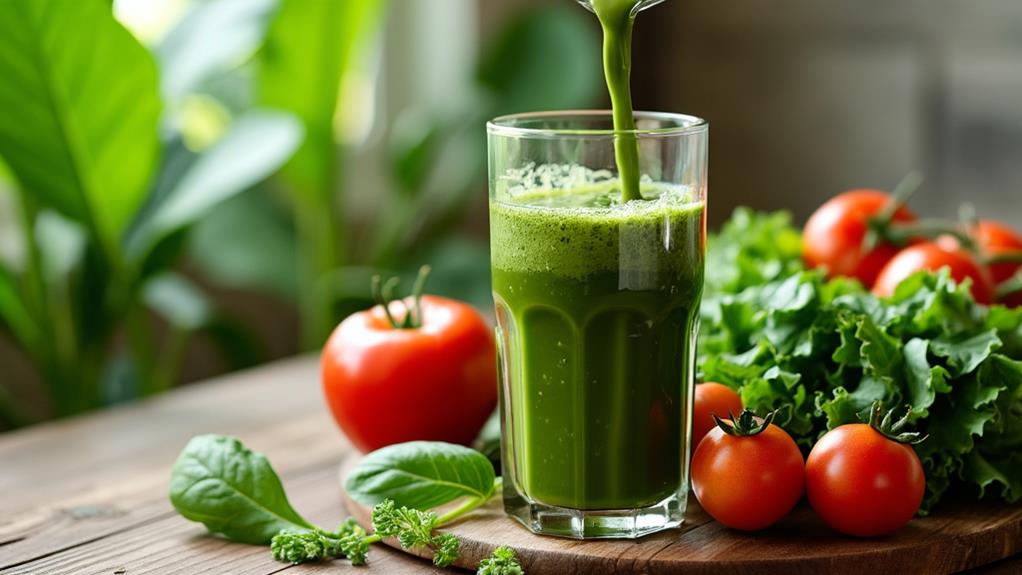
Though vegetable juice is often overlooked, it packs a punch regarding nutritional benefits. By incorporating it into your diet, you're opting for a low-calorie, hydrating beverage. With a high water content of 94.09g per 100g, it effectively quenches your thirst, making it an excellent choice for general health. Its nutrient profile includes just 22.0 kcal, 0.31g of fats, and 0.93g of protein per 100g, meaning it won't disrupt your calorie intake.
Moreover, vegetable juice shines with its rich supply of vital vitamins, including a notable 54.3mg of Vitamin C per 100g. This vitamin is important for enhancing your immune function and maintaining healthy skin. The juice also contains Vitamin A, which supports eye health. These vitamins, combined with the antioxidants present, help combat oxidative stress, potentially reducing the risk of chronic diseases.
When it comes to following a keto diet, vegetable juice proves to be a suitable choice. With only about 3.37g of net carbs per 100g, it aligns well with the carb limits of keto-friendly vegetables. As a result, it contributes to a balanced diet while keeping you on track with your keto goals.
Selecting Low-Carb Vegetables
When you're steering through a keto diet, selecting the right vegetables for juicing becomes vital. Opting for low-carb vegetables guarantees you keep your daily carb intake in check, maintaining ketosis. Green vegetables like spinach and kale are fantastic options, offering a rich nutrient profile with minimal net carbs. Juicing these leafy greens gives you a healthy uplift without jeopardizing your keto goals.
Red bell peppers can add a touch of sweetness and color to your juice, all while keeping your carbs in check, with just 7g of net carbs per 100g. They're also packed with vitamin C, making them a smart inclusion. Cucumbers and celery are other excellent choices, known for their low-carb content and invigorating taste.
To round out your juicing repertoire, consider incorporating these low-carb vegetables:
- Spinach: High in nutrients, low in carbs.
- Kale: Offers fiber and vitamins with few net carbs.
- Cucumbers: Hydrating and low in carbohydrates.
- Celery: Crunchy and virtually carb-free.
- Red bell peppers: Sweetness with minimal carbs.
Avoid high-carb veggies like carrots and beets, as they can spike your carb count. Always track net carbs to stay within the 20-50g range vital for your keto diet.
Health Impacts on Keto
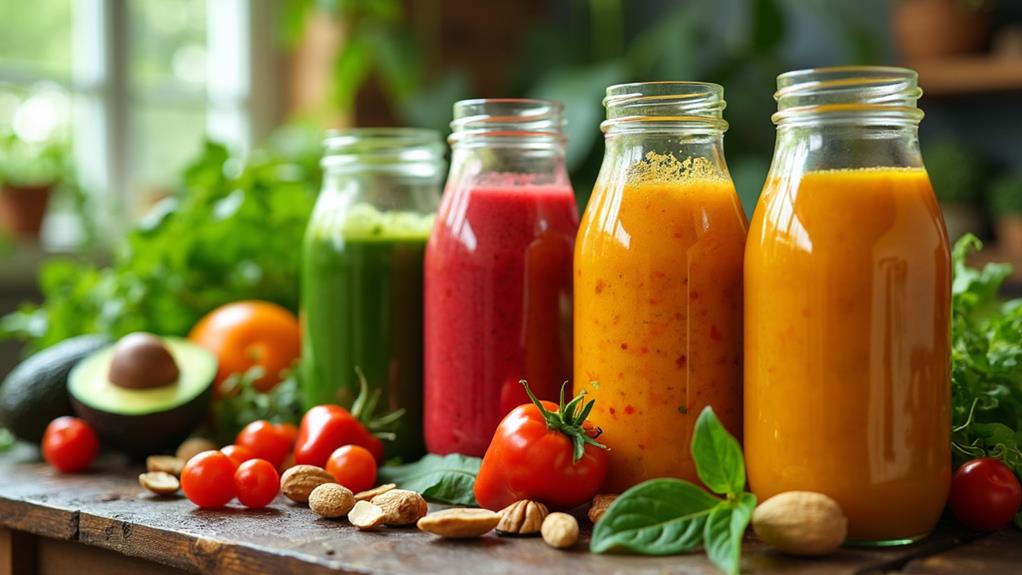
Vegetable juice offers a powerhouse of benefits on a keto diet, ensuring you get important nutrients without breaking your carb bank. Packed with fundamental vitamins like A and C, it supports your immune system, keeping you healthy while you enjoy the low-carb lifestyle. With only about 3.37g of net carbs per 100g, it fits snugly within the keto diet's strict carb limits, typically between 20-50g per day.
Staying hydrated is essential, and the high water content in vegetable juice helps you maintain energy and general wellness. Plus, it's loaded with antioxidants that combat oxidative stress, potentially lowering the risk of chronic diseases. This aligns perfectly with the health benefits you're seeking on a keto diet.
Don't forget about the high fiber content in vegetable juice. It not only aids digestion but also helps you feel full, making it easier to resist carb-heavy temptations. Furthermore, it can have a positive impact on blood sugar levels, keeping them stable and supporting your keto experience. By integrating vegetable juice into your meal plan, you're enhancing your nutrient intake and promoting long-term health while staying true to keto principles.
Incorporating Juice in Your Diet
To effectively incorporate vegetable juice into your keto diet, focus on low-carb options like leafy greens while steering clear of high-carb vegetables such as carrots and beets. These choices help you maintain a keto-friendly lifestyle by keeping net carbs in check. A 150ml serving of vegetable juice usually contains about 5.06g of net carbs. This makes it a viable option if you're following the keto diet, as long as you stay within your daily carb limit of 20-50g.
Here's how you can incorporate vegetable juice into your meals while keeping your keto goals in mind:
- Base for Salad Dressings: Blend vegetable juice with olive oil and vinegar for a nutrient-rich dressing.
- Low-Carb Soups: Use vegetable juice to add flavor and nutrients without increasing carb content.
- Daily Tracking: Use apps to monitor your net carbs and verify you're not exceeding your limit.
- Portion Control: Stick to a 150ml serving size to keep your carb intake in check.
- Pair with Fats: Combine vegetable juice with healthy fats to improve absorption of nutrients.
Creative Recipes With Vegetable Juice
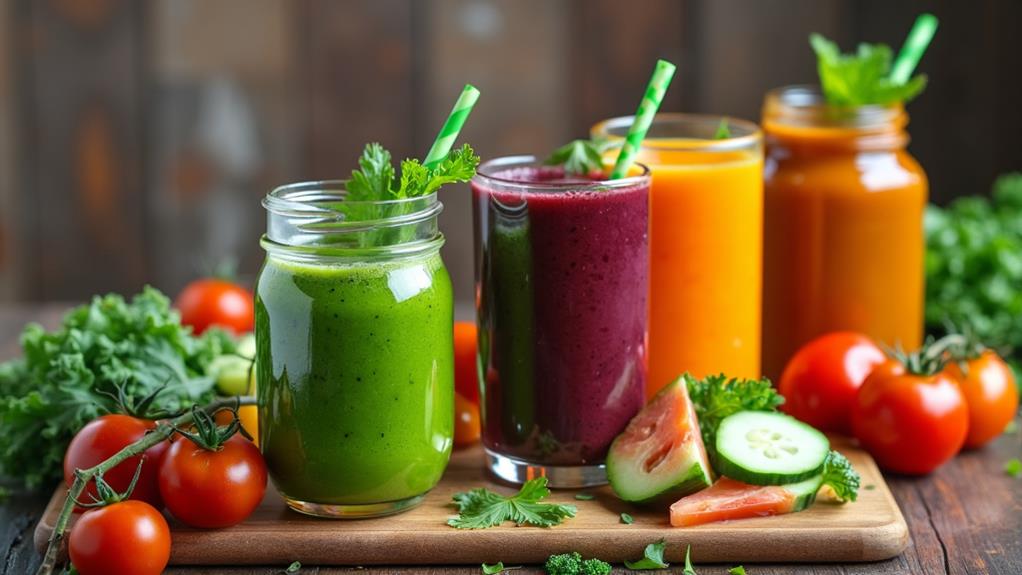
Exploring new ways to enjoy vegetable juice can make your keto adventure more exciting and flavorful. As a morning beverage, a 150ml serving of this low-carb option contains just about 5.06g of net carbs. But that's not all—creatively incorporating vegetable juice into your meals can boost your keto game. For instance, use it as a base for nutrient-boosted salad dressings. Mix vegetable juice with olive oil and vinegar for a keto-friendly dressing that improves flavor without adding carbs. It's a good source to help you balance calories from fat while keeping your salad fresh and zesty.
You can also transform your soups by sautéing low-carb vegetables and adding vegetable juice for a hydrating, savory dish. This adds depth to your soup without compromising your keto principles. When you're in the mood for a cool treat, freeze vegetable juice mixed with unsweetened almond milk to create veggie juice popsicles—an ideal low-carb snack. Don't forget marinades; vegetable juice works wonders here too. Marinate your proteins in it to enjoy a burst of flavor while sticking to your keto limits. These creative recipes guarantee vegetable juice remains a versatile ally in your keto experience.
Alternatives to Vegetable Juice
When you're looking to diversify your keto beverage options, you'll find several alternatives to vegetable juice that are both tasty and low in carbs. These drinks not only complement your keto lifestyle but also offer unique health benefits. One popular choice is bone broth. It's a low-carb option rich in minerals and collagen, perfect for hydration and enhancing gut health. If you're after something invigorating, try green tea. This keto-friendly green beverage is packed with antioxidants and virtually no carbs, making it an excellent choice for your diet.
Another option is infused water, which you can flavor with low-carb ingredients like cucumber, lemon, or herbs. It's a hydrating and flavorful way to enjoy a low-carb drink. Unsweetened almond milk is another fantastic alternative, especially if you're looking for a dairy-free option for smoothies or desserts, with only about 1-2 grams of net carbs per cup. Finally, don't overlook creative keto recipes such as Keto Stuffed Peppers or Keto Cheesy Cabbage Sausage Skillet. These meals provide delicious low-carb options without relying on vegetable juice. Here's a quick list to get you started:
- Bone Broth
- Green Tea
- Infused Water
- Unsweetened Almond Milk
- Keto Recipes (e.g., Stuffed Peppers)
Final Thoughts on Vegetable Juice
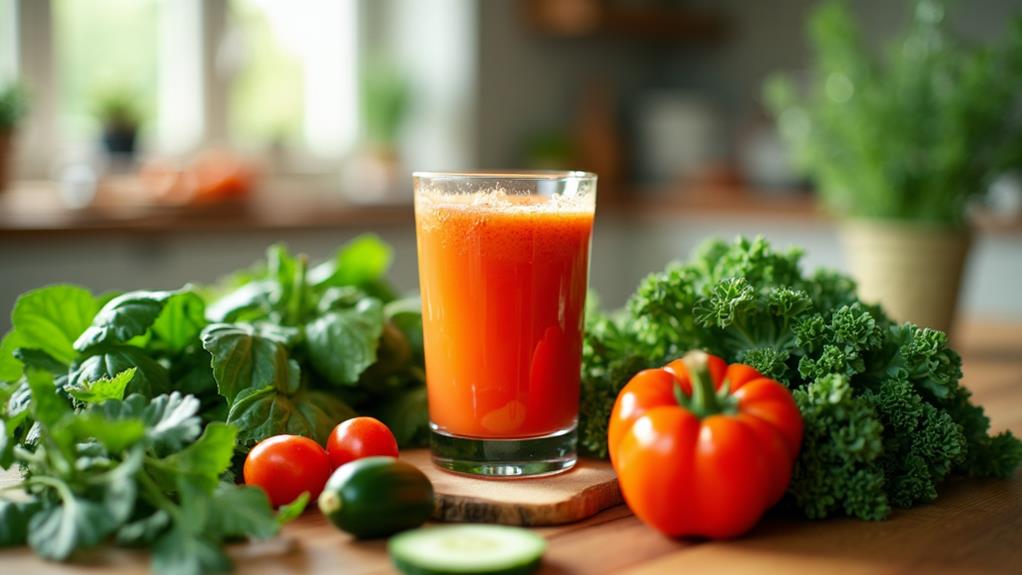
Ultimately, vegetable juice can be a viable supplement to your keto diet when you keep an eye on your carb intake. A typical serving of vegetable juice contains a moderate amount of net carbs, around 5.06g per 150ml, which fits within the keto community's guidelines of 20-50g daily. It's important to keep the carb count in mind, especially if you're aiming for strict ketosis. Opt for leafy green vegetable juices as they usually have a lower carb content compared to starchy ones. These green options not only support ketosis but also offer high levels of vitamins and minerals.
Incorporating vegetable juice can enhance your intake of key nutrients like vitamin C and A, which are significant for health and immune function. This nutrient-rich beverage can also contribute to better hydration, an often overlooked aspect of maintaining a balanced diet. When you consume vegetable juice in moderation, it complements your keto lifestyle by providing important nutrients without compromising your carb limits. Accept this healthful enhancement to your meals and enjoy the benefits it can bring to your complete well-being. Just remember, moderation is key, and always keep an eye on those carbs.

